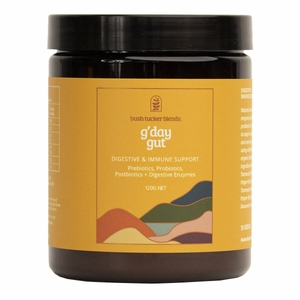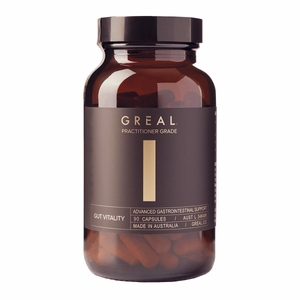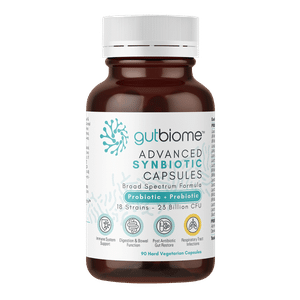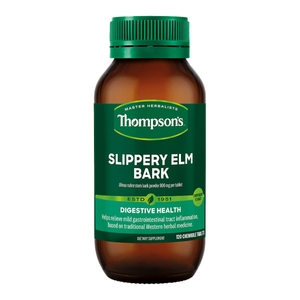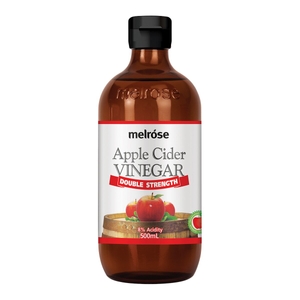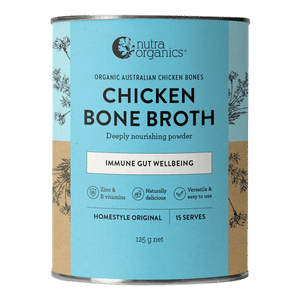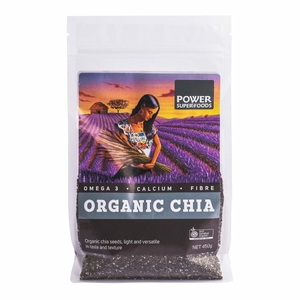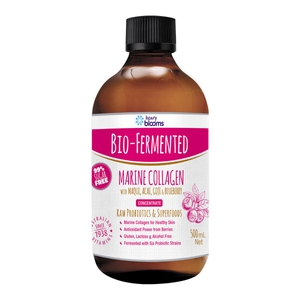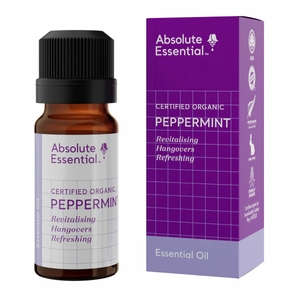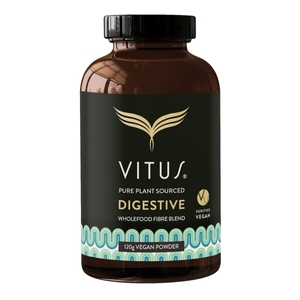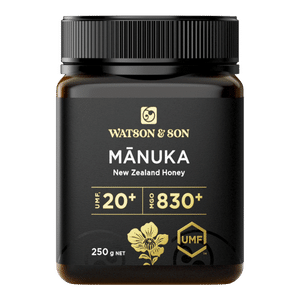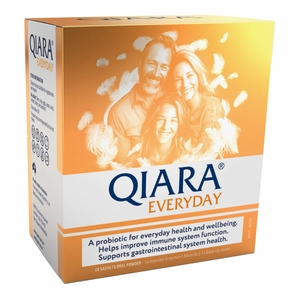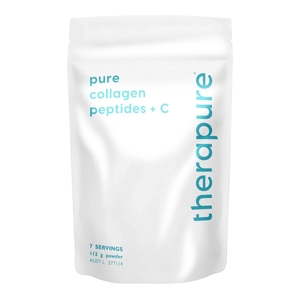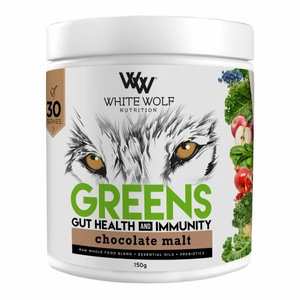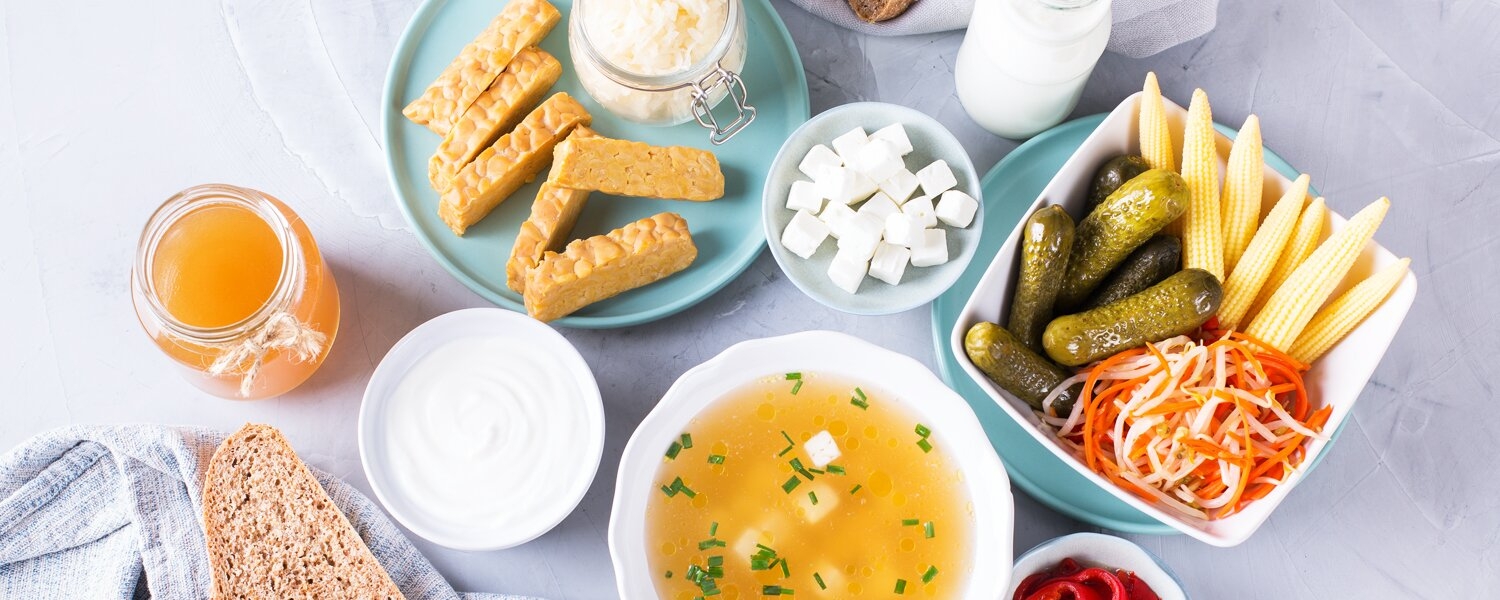
Five ways to improve your gut bacteria
Your body is home to an astonishing 100 trillion bacteria, most of which are found in your gut (1). Your gut bacteria are the most abundant component of the gut microbiome, a diverse community of microorganisms residing in your digestive tract, particularly the intestines (2).
Your gut bacteria can influence your digestion, immune function, sleep, energy levels, weight, mood, and appetite (3).
Imbalances or disruptions in your gut microbiome have been associated with various health issues, including gastrointestinal disorders, asthma, diabetes, autoimmune diseases, obesity, and mental health conditions (4).
Fortunately, the good news is that your gut bacteria are remarkably responsive to your dietary and lifestyle choices, often undergoing significant changes even after a single meal (5).
Here are five ways to improve your gut bacteria.
Add prebiotic-rich foods to every meal
Prebiotics are non-digestible plant fibres that help nourish and feed healthy bacteria in your gut (6). They resist digestion in the upper digestive tract and instead pass through your digestive system largely intact (6).
Your gut bacteria ferment prebiotic fibres, breaking them down into short-chain fatty acids (SCFAs) such as butyrate, acetate, and propionate (7). SCFAs support your gut lining, reduce inflammation, and provide energy to your colon cells (7).
Prebiotics selectively promote the growth and activity of beneficial bacteria, notably Bifidobacteria and Lactobacilli, while inhibiting harmful bacteria (6).
You can find prebiotics in various foods, including garlic, onions, leeks, asparagus, flaxseeds, bananas, and whole grains like oats and barley.
Common types of prebiotics found in supplements include fructooligosaccharides (FOS), galactooligosaccharides (GOS), inulin, partially hydrolysed guar gum, lactulose, and pectin.
Embrace fermented foods
Fermented foods are a natural source of probiotics.
When you regularly consume fermented foods such as kefir, kimchi, kombucha, yoghurt, miso, sauerkraut, and tempeh in your diet, you introduce a range of friendly bacteria into your digestive system (8,9). This infusion of beneficial microbes contributes to the resilience and diversity of your gut microbiome (9).
The fermentation process also makes complex carbohydrates and proteins more digestible, which reduces post-meal discomfort and improves nutrient absorption (10).
Include a wide variety of plants in your diet
There are around 160 different species of bacteria in your intestines, each with a specific role and nutritional requirement (11).
Consuming a wide variety of plant-based foods can enhance your gut microbiome and maximise the potential benefits from your gut bacteria (12).
To promote gut bacteria diversity, aim to include around 30 different types of plant foods in your weekly diet (5).
To meet this weekly target, you can gradually introduce new plant varieties into your weekly shopping list or add an organic green wholefood blend to smoothies, water, or juice for added convenience.
Plant foods not only provide essential nutrients but also contain compounds like polyphenols, which feed your gut bacteria (5). Polyphenols enhance digestion, reduce inflammation, combat oxidative stress, inhibit harmful microbe growth, and help regulate blood pressure and cholesterol levels (13). You can find these beneficial compounds in a variety of delicious foods, including grapes, green tea, almonds, dark chocolate, berries, apples, and broccoli.
Rest and relax
Stress can significantly impact gut health, making it imperative to prioritise stress management techniques (14).
Engaging in activities like meditation, deep breathing exercises, yoga, walking, and enjoyable hobbies can help you relax and unwind.
Maintaining regular sleep patterns and nurturing healthy relationships can also contribute to reducing stress levels and improving gut health.
Additionally, spending time in nature can further benefit your gut health. Breathing in microorganisms from trees, plants, and soil while outdoors can enhance the diversity of your gut bacteria and can even enhance your ability to adapt to the external environment (15,16).
Sweat it out
Regular exercise promotes an increase in diversity of healthy bacteria in your gut (17).
It increases blood flow throughout the body, including to the gut. Adequate blood supply is vital for maintaining a healthy gut lining and promoting the growth of beneficial bacteria. It also aids in nutrient absorption and waste removal (18).
Exercise can also help maintain a healthy weight, which, in turn, may contribute to a more favorable gut microbiome (17).
Key take-away
Your gut health plays a pivotal role in your overall well-being, influencing digestion, immunity, energy levels, mood, and more. Fortunately, you hold the key to a healthier gut through your daily choices. By incorporating prebiotic-rich and fermented foods, including a wide variety of plants, managing stress, and staying physically active, you empower yourself to cultivate a thriving and diverse gut microbiome.

